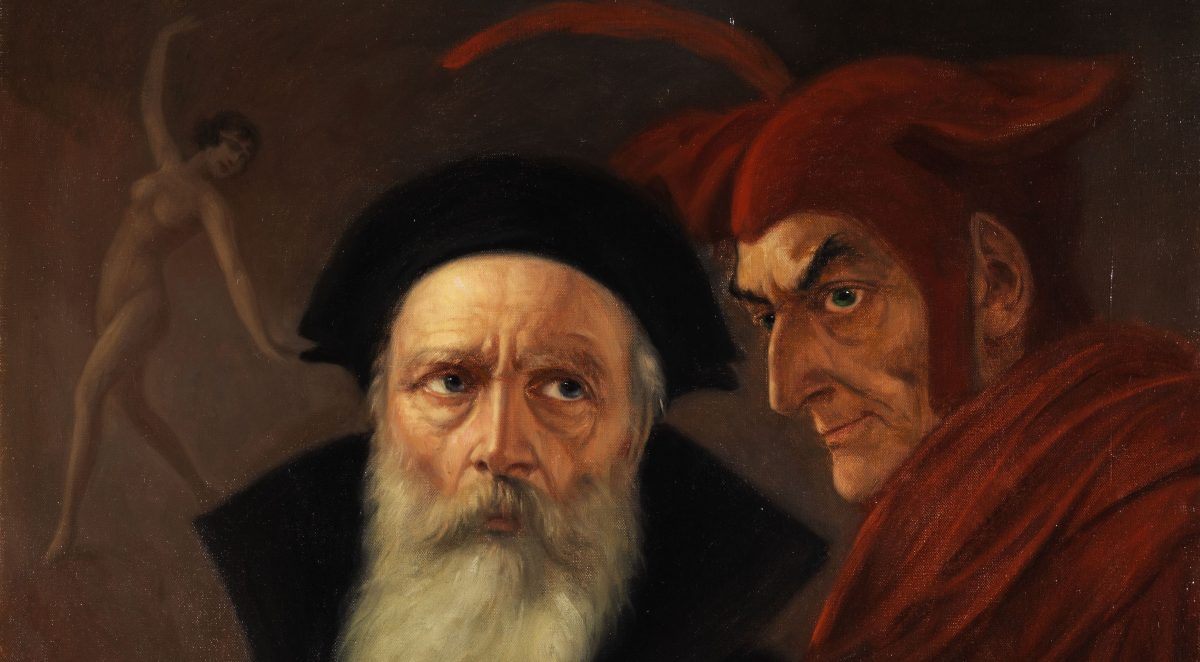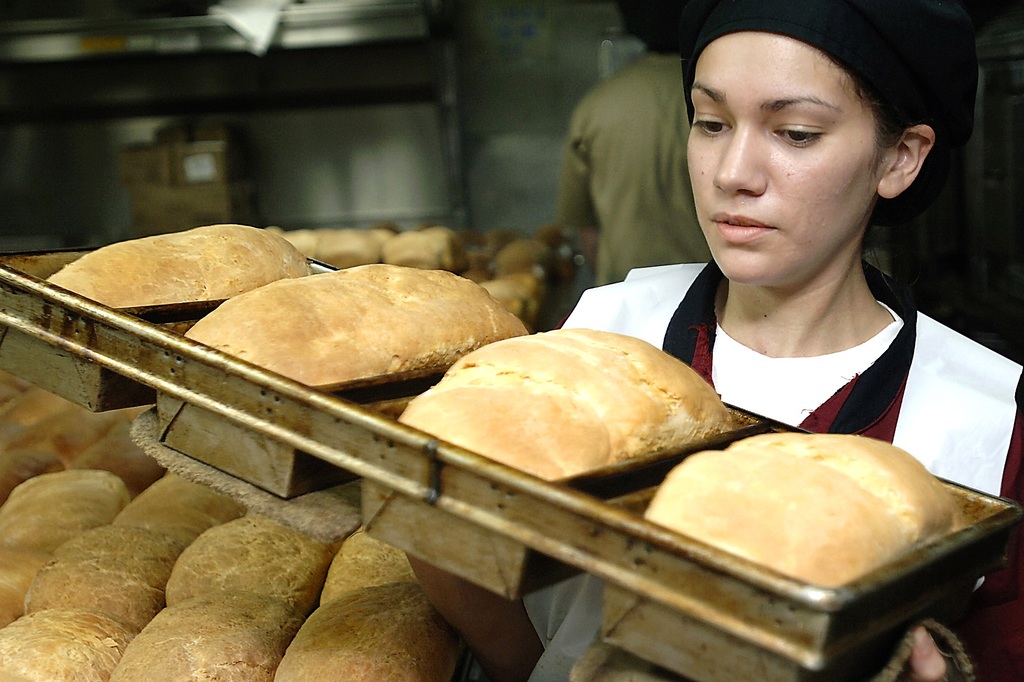Imagine I offered you a potion that would give you super-powers to control other people, to bend them to your will. You could use this power however you wanted – for good or ill. You could quit your job, stay in a fancy hotel dining on caviar and champagne and have as much amazing sex as you want. You could help your friends and hurt your enemies. You could use your powers to make the world a better place, ending poverty and hunger and halting environmental destruction.
Would you take the potion?


